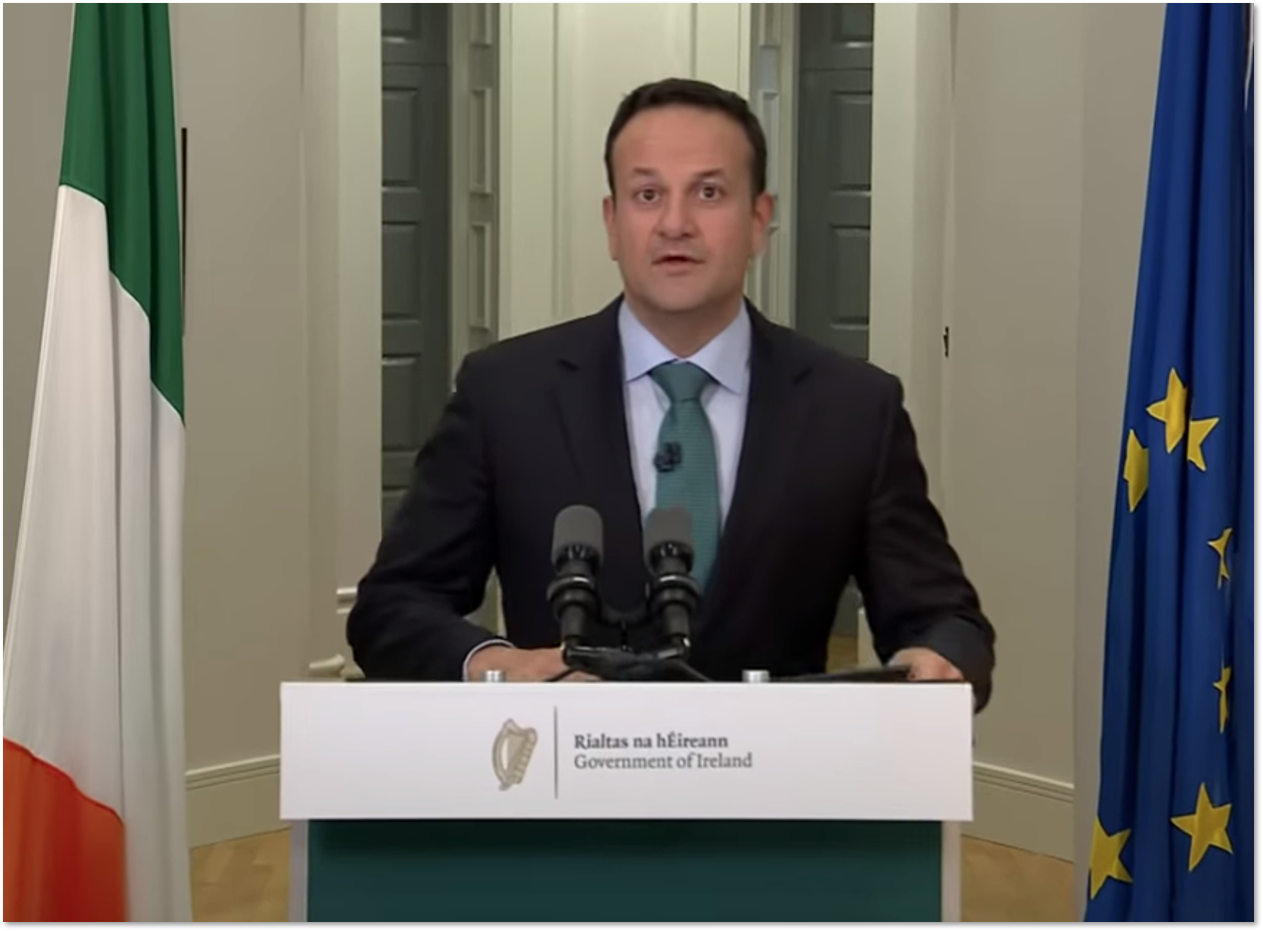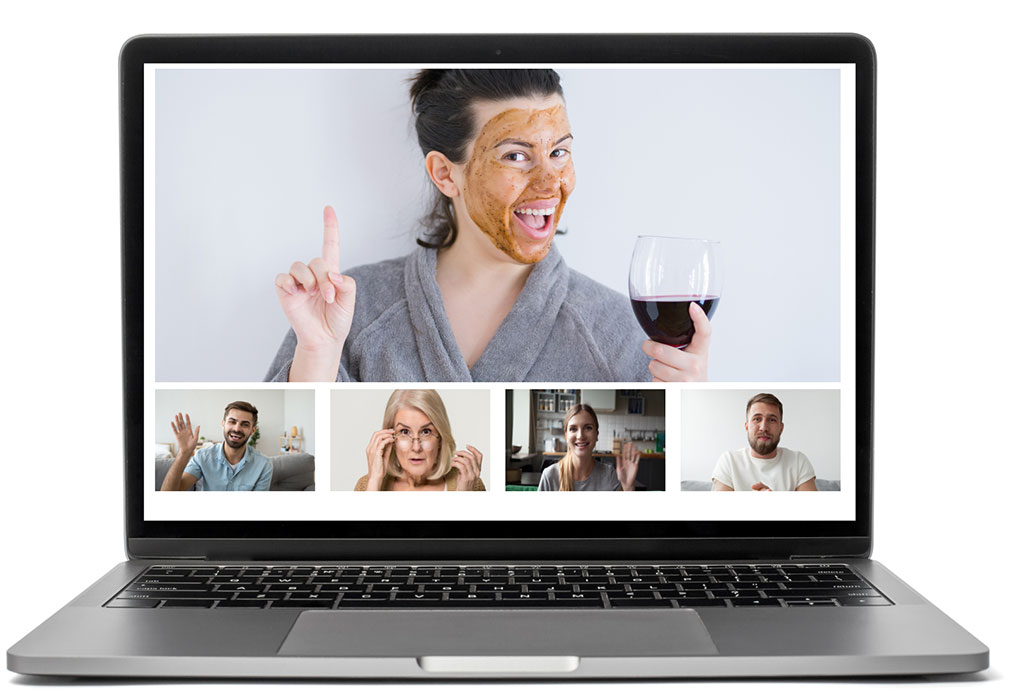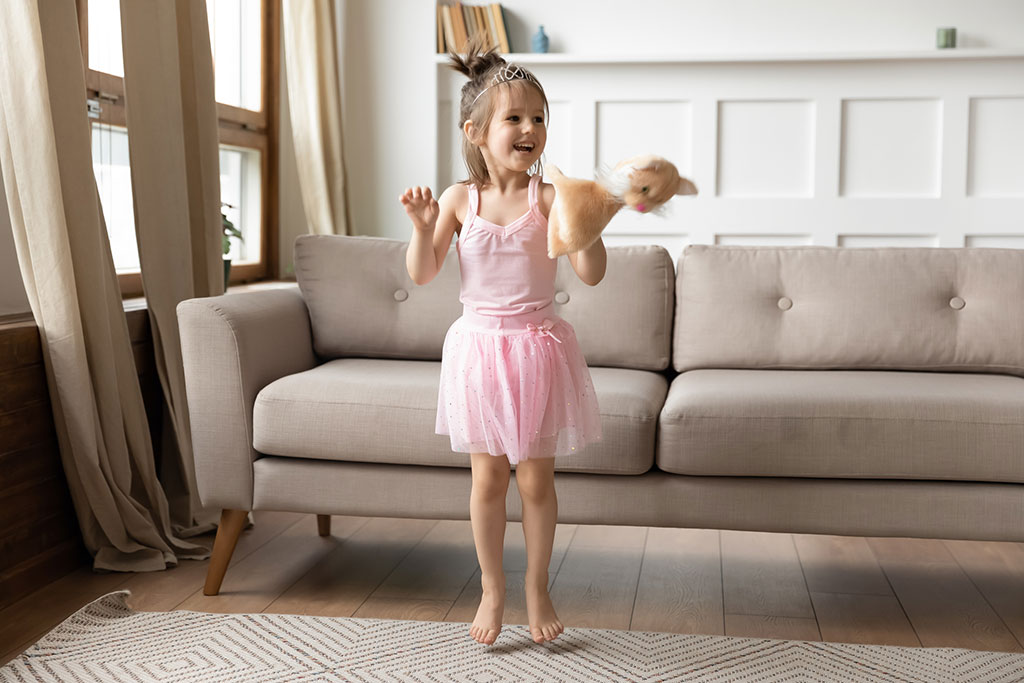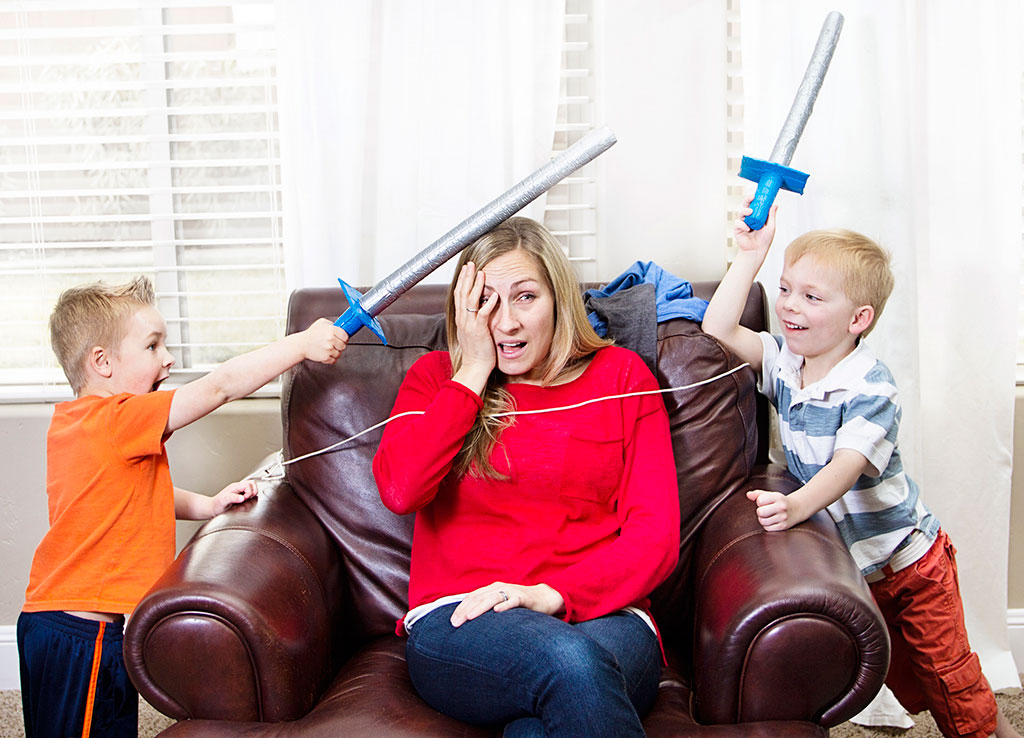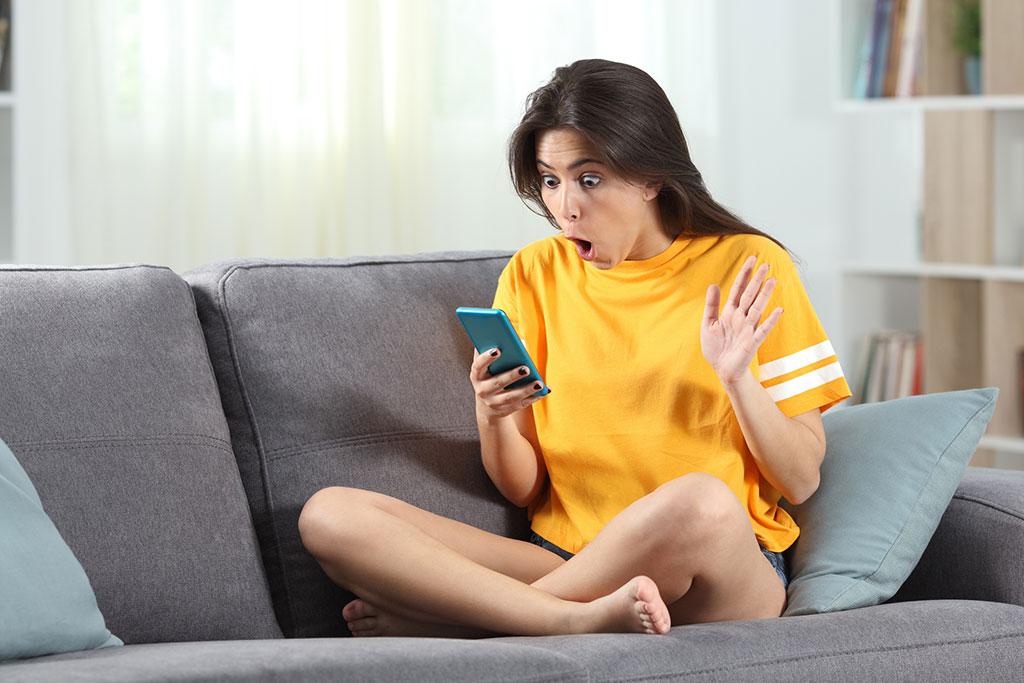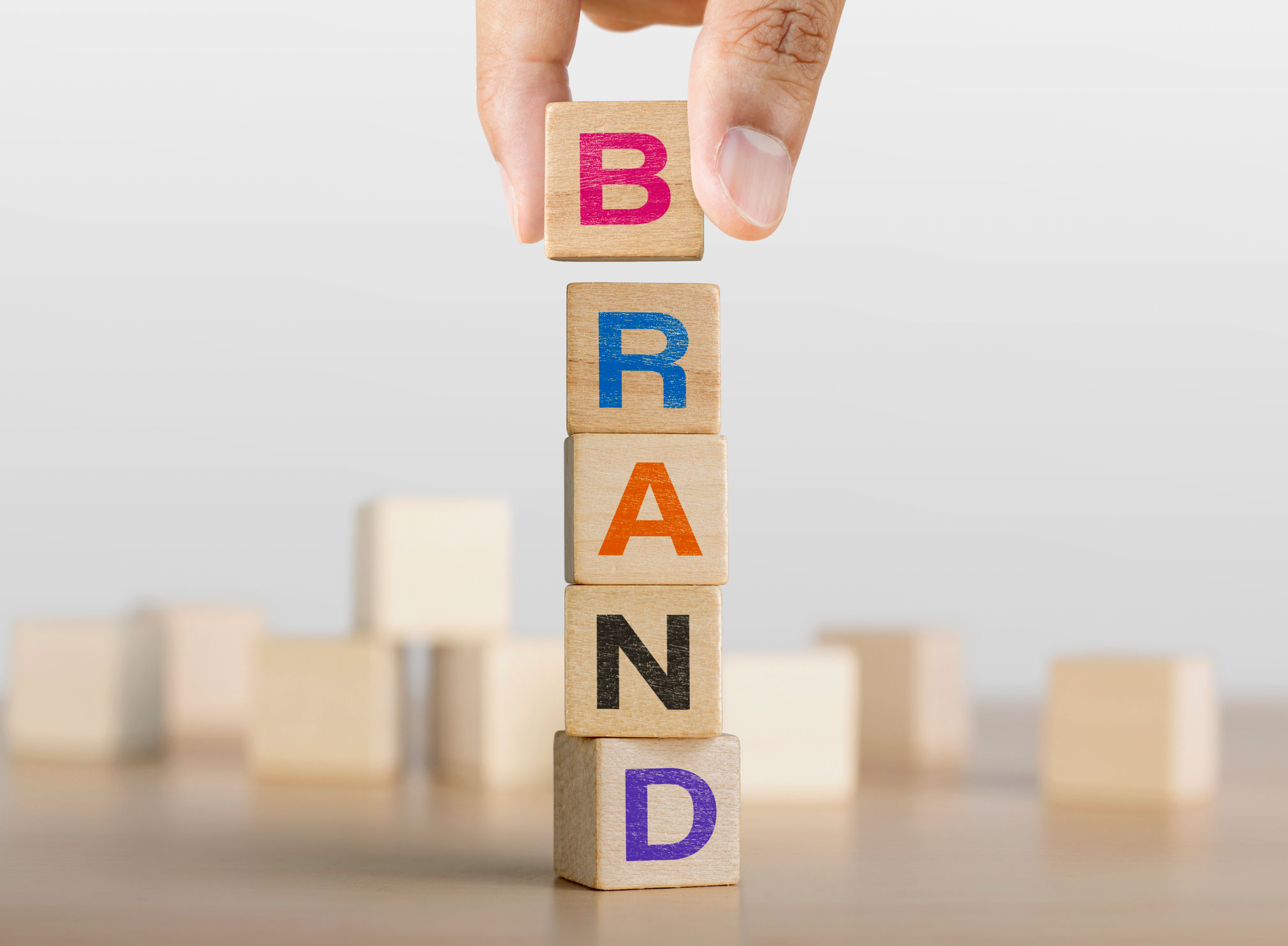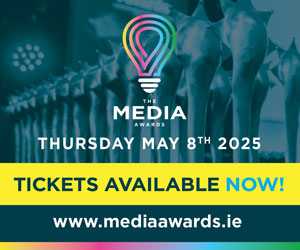In just seven weeks, the life of every person on earth has shifted dramatically and the fallout will change consumer behaviour permanently and profoundly. To help its clients keep on the pulse, the market research firm B&A is monitoring ‘Life on Lock Down’ for 25 Irish people over the next four weeks.
The 25 participants, who come from a range of demographics and backgrounds, will be recording videos, posting pictures and answering questions on how they’re responding to the crisis and over the next four weeks (and possibly longer). As part of this research Adworld.ie will be sharing these weekly insights from B&A.
Week 1 focuses on five big themes and they are as follows:
Leo the Leader
There’s positivity about how our political leaders are handling the crisis, which contrasts well with response from the US/UK. Varadkar’s statesman like style and skill set are hugely comforting in these times.
The Irish people are confident that the government are doing ‘everything they can’ to handle this crisis. However, the more concerning thought is how much impact will their actions really have? When the people in power are powerless. What then?
Technology to the fore
Having spent the last few years struggling with the hold technology has on us, it’s suddenly become the key thing sustaining us. If we had to live through a pandemic, we’re glad we’re doing it in 2020.
From connectivity, to remote working, to information, to entertainment technology has been central to our ability to cope. WhatsApp, Netflix, YouTube, Instagram and Facebook are starting to feel like vital services on a par with water and electricity.
However, there’s still a need to monitor usage and ensure technology is being used for its most affirmative functions. Technology’s positive power to connect and comfort will be one of the biggest things we take from this crisis.When this is over, can we harness this good, while containing its more problematic aspects?
The power of routine
As our lives are turned upside down, we’re searching for new routines to help us order our days.
This is proving rather difficult at the minute, as the situation changes day to day. The daily walk to our favourite coffee shop for a takeaway just got curtailed as the shops shut.
But we are putting new structures in place. Set times for home schooling, couples tag teaming WFH with toddler wrangling, PE class at 9am, home cocktail hours (strictly observed).
Anything that helps us establish these routines have been much welcomed (thank you Joe Wicks).
Hello from the trenches
We’re still in the early stages of this crisis and reeling from the speed with which our reality has changed. In the main, we’re holding up better than we would have anticipated.
The additional restrictions have been a blow, but we’ve been more resourceful, more pro-active, more supportive of each other, more resilient than perhaps we thought we would be.
However mood management is a challenge.There are low points through the day (often first thing in the morning and waiting for the Covid-19 ‘numbers’ in the evening).‘Waves of emotion’ threaten to overwhelm us at various points.
Sustaining our mental health in the longer term will be very difficult, especially as the situation deteriorates.
We’re clinging fiercely to the things that will keep us on track. Exercise, getting outside, our gardens (for those lucky enough to have them), escapist entertainment, chats with loved ones.
Anger management
There’s a lot of anger under the surface, looking for a channel.
At the minute those not practicing social distancing are a (legitimate) target for this anger.
As the crisis progresses, it’s safe to say that anyone not behaving responsibly (including brands and big companies) will be judged harshly for it.
The Coronavirus itself is a difficult one.A virus is a strange enemy to have; faceless, unresponsive, inhuman. Our anger is irrelevant to it.
The explosion of memes that are pinging through WhatsApp groups as we speak are an interesting way of dealing with the issue.They are our way of breaking the tension, neutralising the impact. The virus might attack our bodies, but it will never overcome our spirit if we keep finding ways of poking fun at it and its impact.
Implications for brands
This crisis is likely to have a lasting impact on how we shop, consume and interact with brands in a general sense.Paying close attention to consumer sentiment now will give you a huge advantage when positioning your brand for the post-Covidworld.
If you’re searching for guidance on how to lead in this crisis, Varadkar is providing us all with a good model His approach; serious without catastrophising, authoritative but empathetic, highly informed; is hitting many of the right notes right now.
While we’re all already embracing technology, think about how technology can be used to its best effect in driving true connection. Hearing people’s voices and seeing people’s faces are key.Video links, personal calls, platforms like Zoom are powerful in maintaining proper relationships.
Maintenance of mental health is so important right now and any access to professional advice you have within your organisation will also be of benefit to your consumer base.Think about how your brand can distract and cheer up your customers
You could also consider what your brand can be doing to help people build new routines. This might be creating new occasions for your brand to be enjoyed (virtual cocktail hour, your five minute ‘hideaway’ break from the kids) or simply releasing engaging, uplifting content at a particular time of the day/week.
It’s never been more important for brands to behave responsibly and put the public good first. Taking this further, if you can go above and beyond to make a difference to your customer base it will pay off in the long term.Consumers will remember the brands that ‘helped them through’ the tough times and the ones that didn’t.
Keep enjoying the memes. They’re more important than you might think.
For more information visit www.banda.ie


















